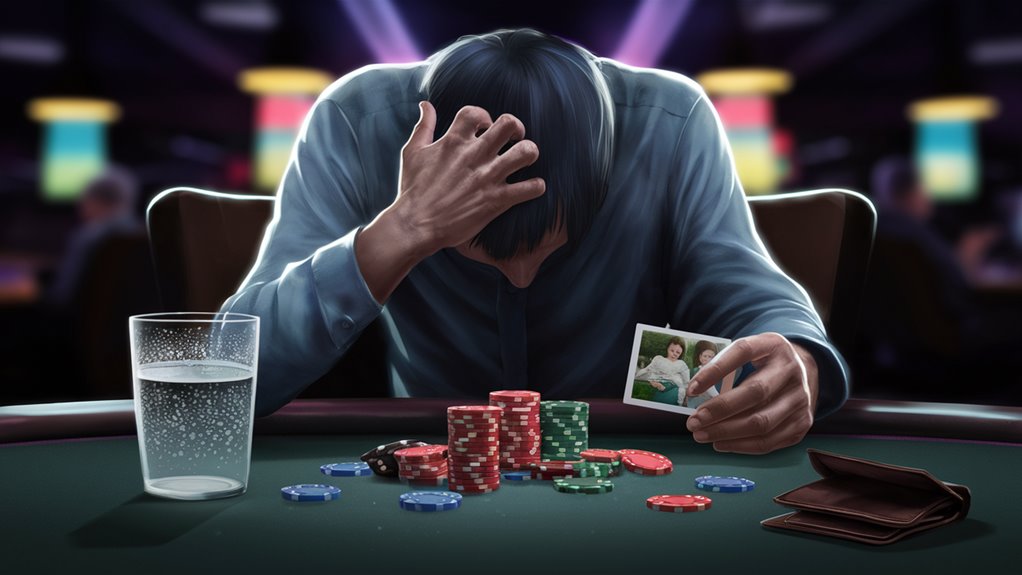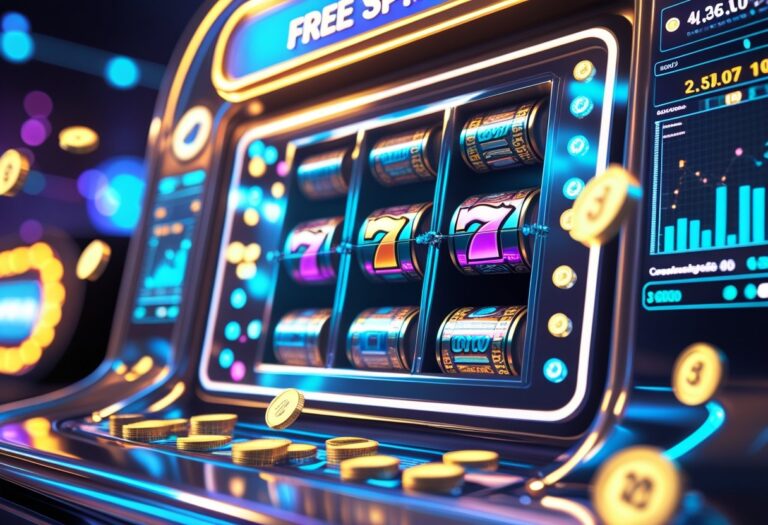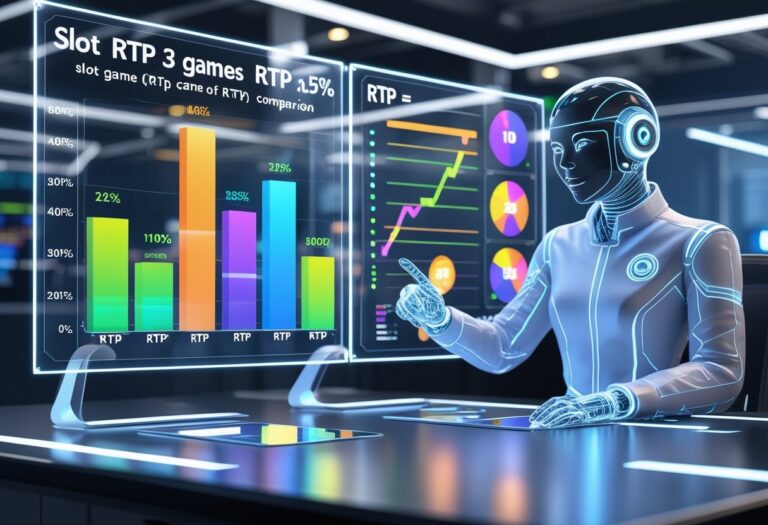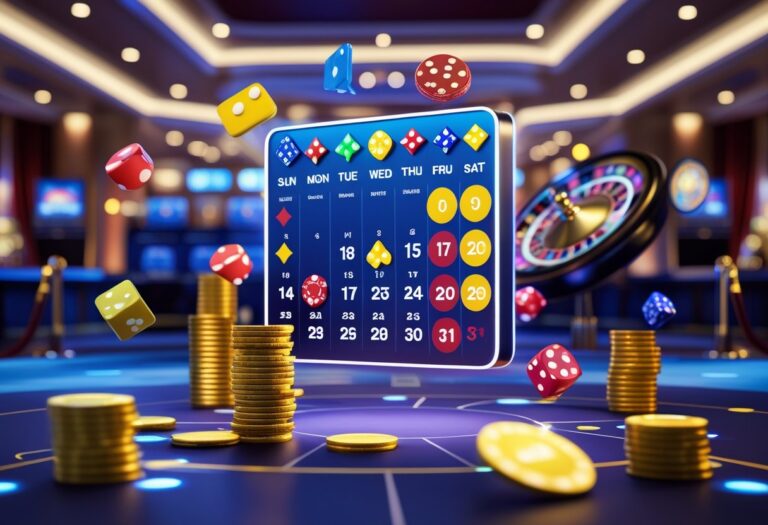
The Easy Mind Behind Gambling Addiction

Gambling addiction links to deep brain paths that trigger our joy spots. When people gamble, their brains release dopamine, a joy-linked chemical, causing drug-like reactions.
Brain’s Ways and Happy Feelings
The brain’s response to gambling is a bond between joy centers and decision places. Near-hits and odd wins trigger dopamine. The front brain struggles with impulse control, creating a cycle of hard-to-break habits. https://maxpixels.net/
Today’s Gambling Spots
Online platforms and casinos exploit the brain’s vulnerabilities using:
- Smart design elements
- Always open access
- Various entertaining features
- Mixed win opportunities
- Group play incentives
Signs of Growing Addiction
As gambling problems intensify, individuals often:
- Engage in riskier bets
- Conceal financial issues
- Withdraw from social interactions
- Feel the need to gamble more
- Experience negative emotions when not gambling
Breaking the Negative Cycle
Understanding these brain tricks can initiate recovery. Recognizing triggers and developing strategies can help individuals stop gambling addiction and maintain sobriety.
Knowing the Gambler’s Mind: Neural Pathways Revealed
The Psychological Impact of Problem Gambling
Problem gambling profoundly alters the brain, compelling individuals to continue gambling. The necessary joy-linked dopamine behaves like addictive substances. Brain scans reveal significant changes in habitual gamblers.
Brain Activity During Gambling
Gambling activates specific brain regions, such as:
- The joy center responds to thoughts of winning
- The front brain’s reduced activity makes resisting difficult
- Dopamine pathways illuminate while simple pleasures fade
The Appeal of Near-Wins
Near-wins evoke strong brain reactions, making additional bets appealing:
- Brain activity mimics actual wins
- The reward system becomes conditioned to gambling cues
- Dopamine releases even during losses
- Strengthened pathways encourage more play despite setbacks
Enduring Brain Changes
Sustained gambling induces lasting brain alterations:
- Changes in joy management areas
- Reduced decision-making control
- Intense reactions to gambling cues
- Diminished enjoyment in other activities
These brain changes perpetuate the negative cycle, necessitating recovery.
Understanding the Risks and Rewards in Gambling Addiction

The Psychology of Gambling Behaviors
The core of gambling addiction arises from the interplay between risk-taking and reward processing in brain networks. Dopamine responses increase with anticipation and potential wins, creating strong neural loops that sustain addiction.
The Dual Role of Dopamine in Gambling
Anticipating rewards significantly elevates dopamine during bets, often surpassing actual wins. This anticipated reward pathway explains why gambling persists despite losses. The brain perceives near-wins as partial victories.
Risk Perception and Reward Processing
Altered Risk Perception
Frequent gambling distorts the brain’s risk assessment through reward prediction errors, leading individuals to:
- Overestimate potential wins
- Underestimate losses
- Misjudge risks
Changes in Reward Processing
The combination of distorted risk perception and heightened dopamine activity creates a compulsion to gamble. These neural pathway changes perpetuate the addiction cycle, complicating recovery.
Common Triggers and Behaviors
Understanding Gambling Addiction Drivers and Behaviors
External Influence
Gambling addiction triggers stem from external factors creating risky environments. Casino venues and online platforms attract participation through accessibility and targeted advertisements.
Mental and Emotional Influences
Mental factors significantly contribute to maintaining harmful behaviors. Stress responses and depression exacerbate the compulsion to bet, while financial difficulties drive gambling in search of quick fixes. Foam & Quake Slots: Triggering Bubbling Scenes With Bonus-Rocking Tremors
Behaviors and Severity Progression
Early Stage Behaviors
Initial gambling behaviors start with small bets that escalate over time. Risk-taking tendencies evolve, leading to larger bets and increased frequency.
Advanced Addiction Behaviors
Compulsive behaviors include:
- Ritualistic actions and betting strategies
- Secretive gambling practices
- Social withdrawal
- Deception about financial losses
- Escalating risks despite negative outcomes
Cognitive Impacts
The brain’s altered reward processing demands increasingly risky actions for satisfaction, solidifying addiction patterns that are difficult to break without professional intervention.



